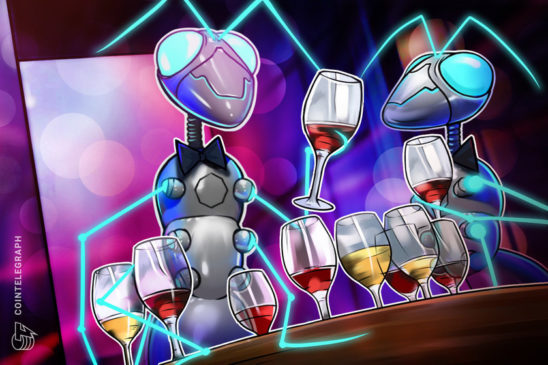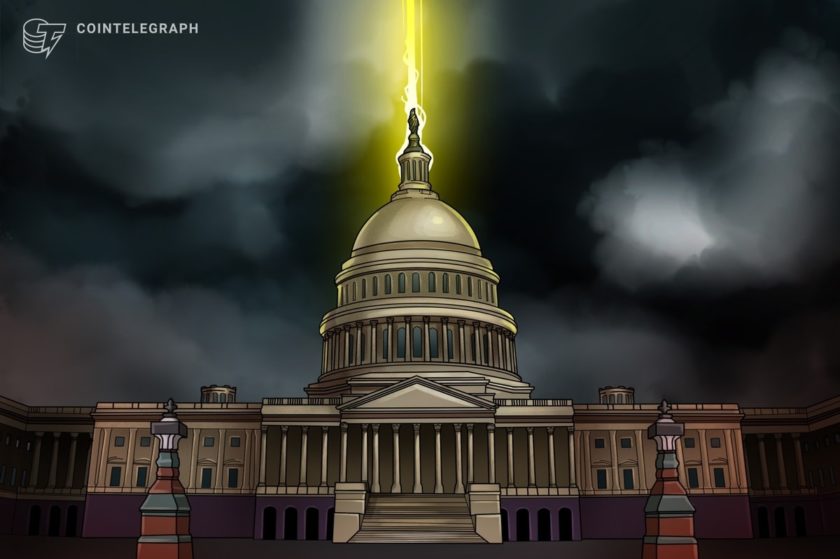The University of Glasgow’s Scottish Universities Environment Research Centre, or SUERC, is joining forces with supply chain company Everledger to tackle counterfeiting within the whisky industry, according to a Dec. 18 post.
The market for collectable single malt Scotch whiskies reached over £57 million ($77 million) in 2018. However, SUERC researchers estimate that up to 40% of bottles currently in circulation could be fake.
Using radiocarbon dating, and unprecedented access to rare whisky samples, SUERC has developed a method to determine the age of all types of vintage whiskies, accurate to within a couple of years.
Through this method SUERC was able to show that 21 out of 55 bottles of rare Scotch that it had tested were either fake or not distilled in the year stated.
Leading Scotch whisky brands, auction houses, collectors and retailers who use SUERC’s authentication service requested the addition of tamper-proofing to bottles which had already been dated.
The new partnership will see SUERC fitting Everledger’s anti-tamper closures to the bottles they have authenticated. These contain near-field communication, or NFC tags, which connect to a digital certificate of the bottle’s age and provenance, held on the blockchain.
Everledger has joined forces with a number of brands to tackle counterfeiting this year, including a partnership with JD.com to authenticate diamonds in China, and fashion house Alexander McQueen.




